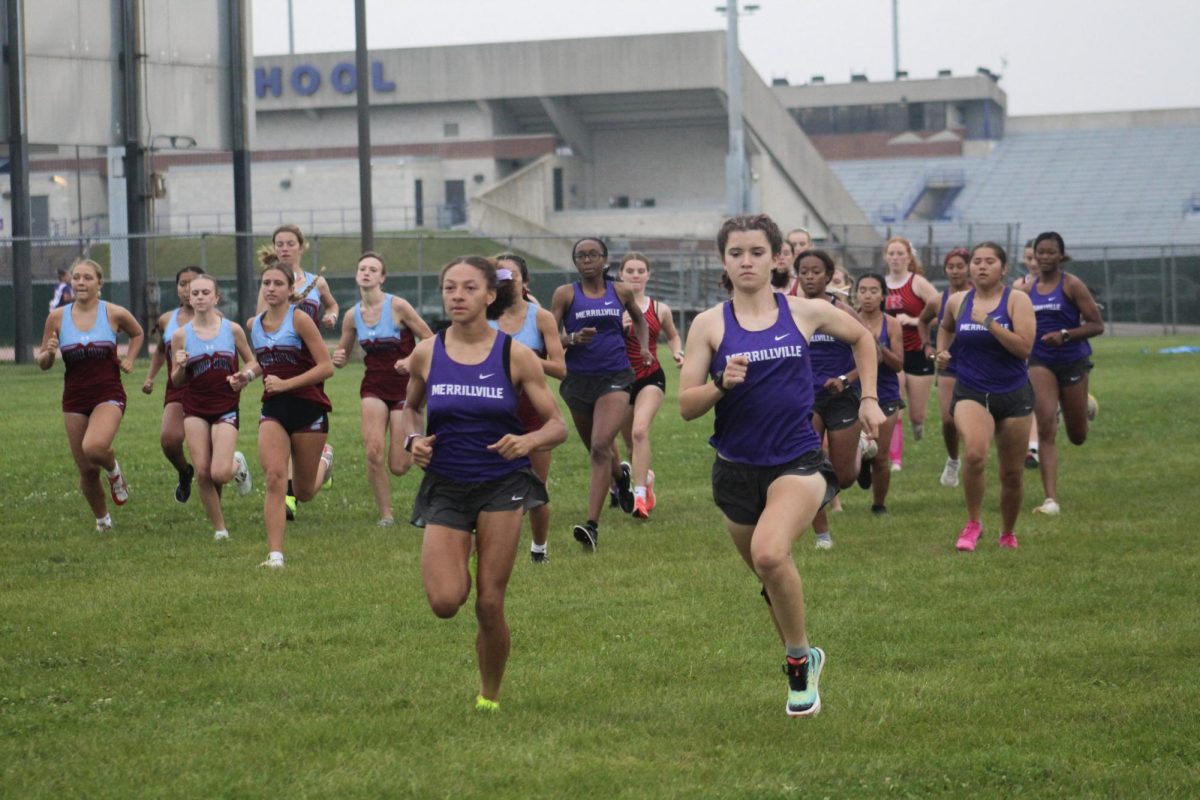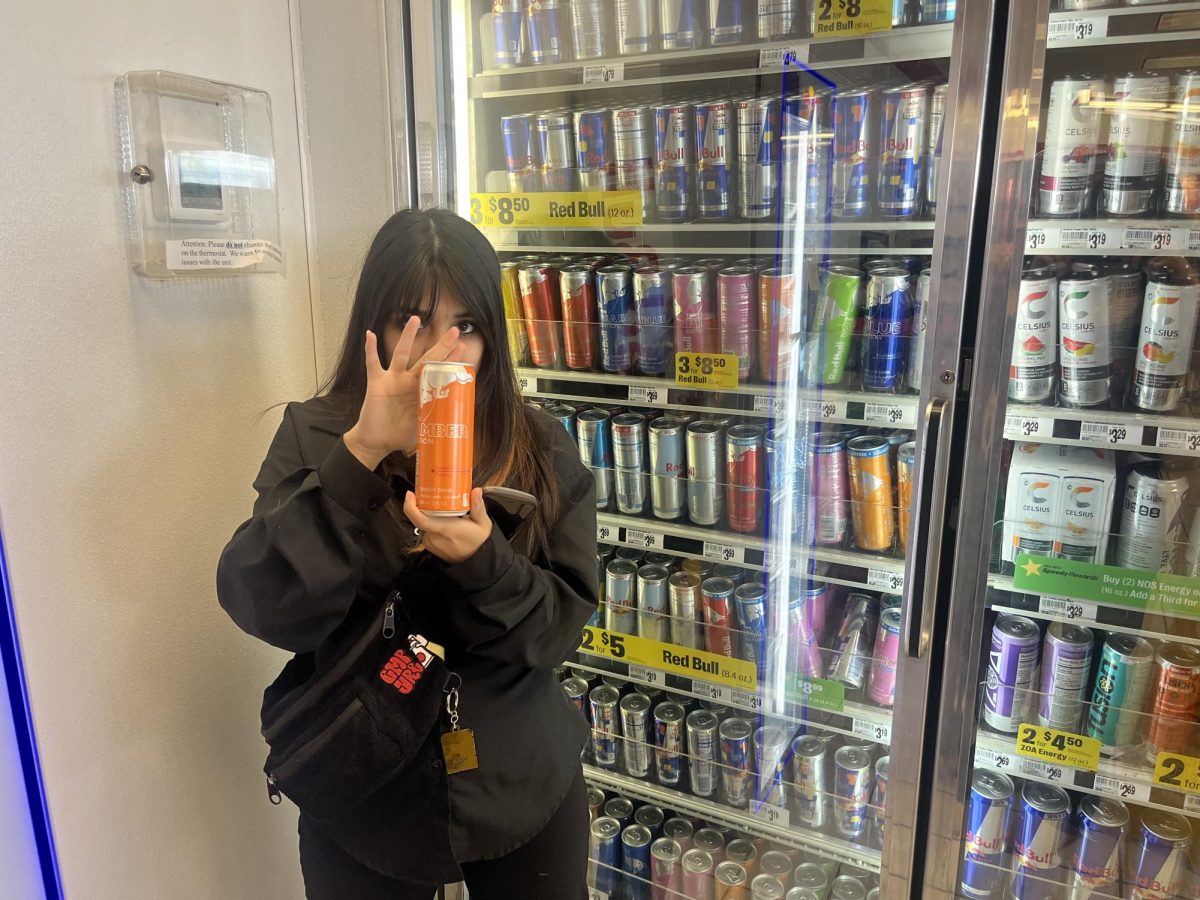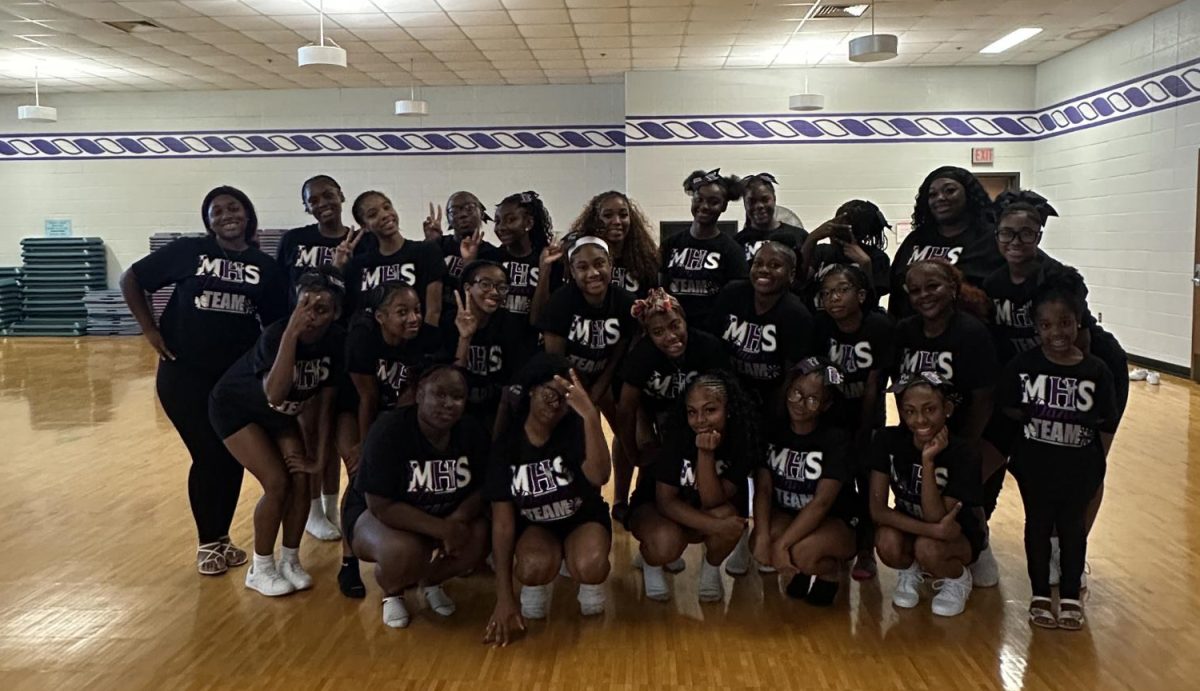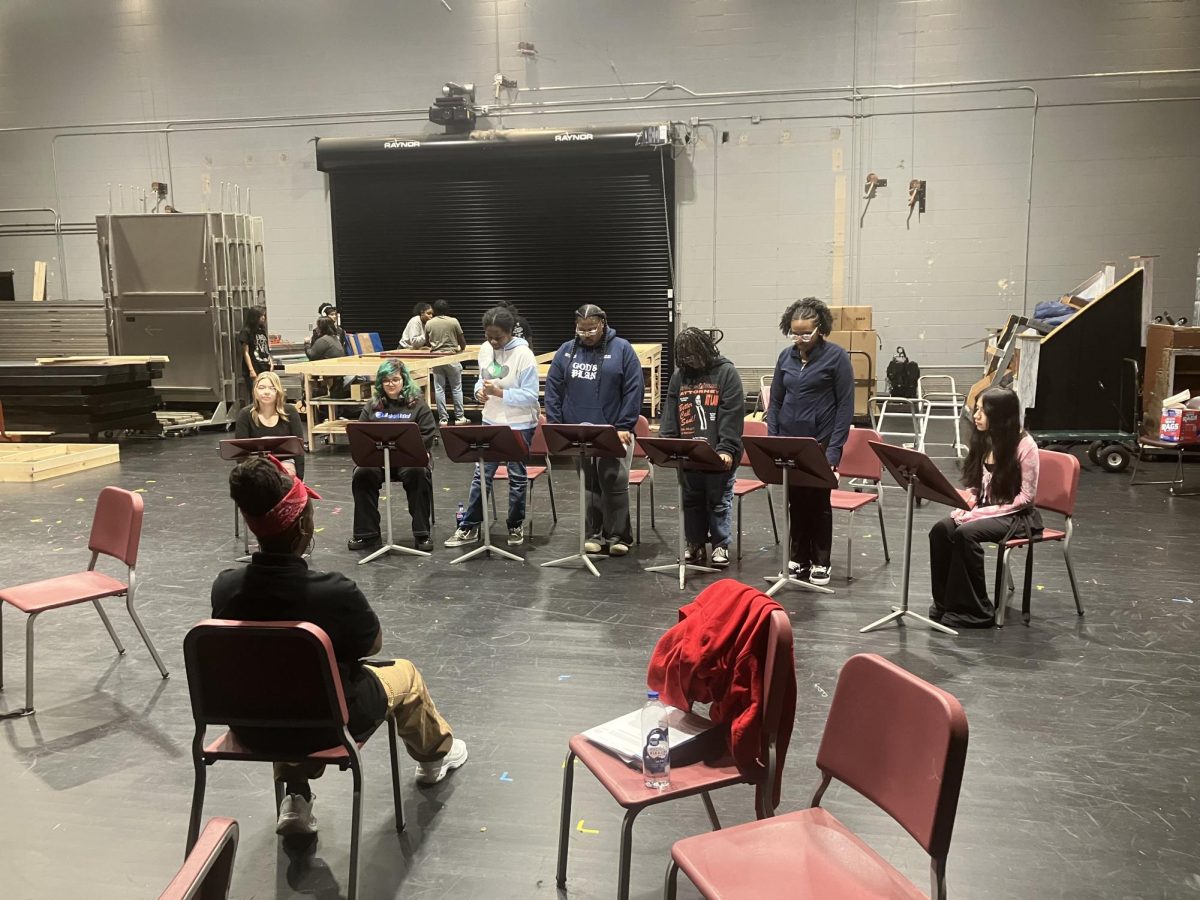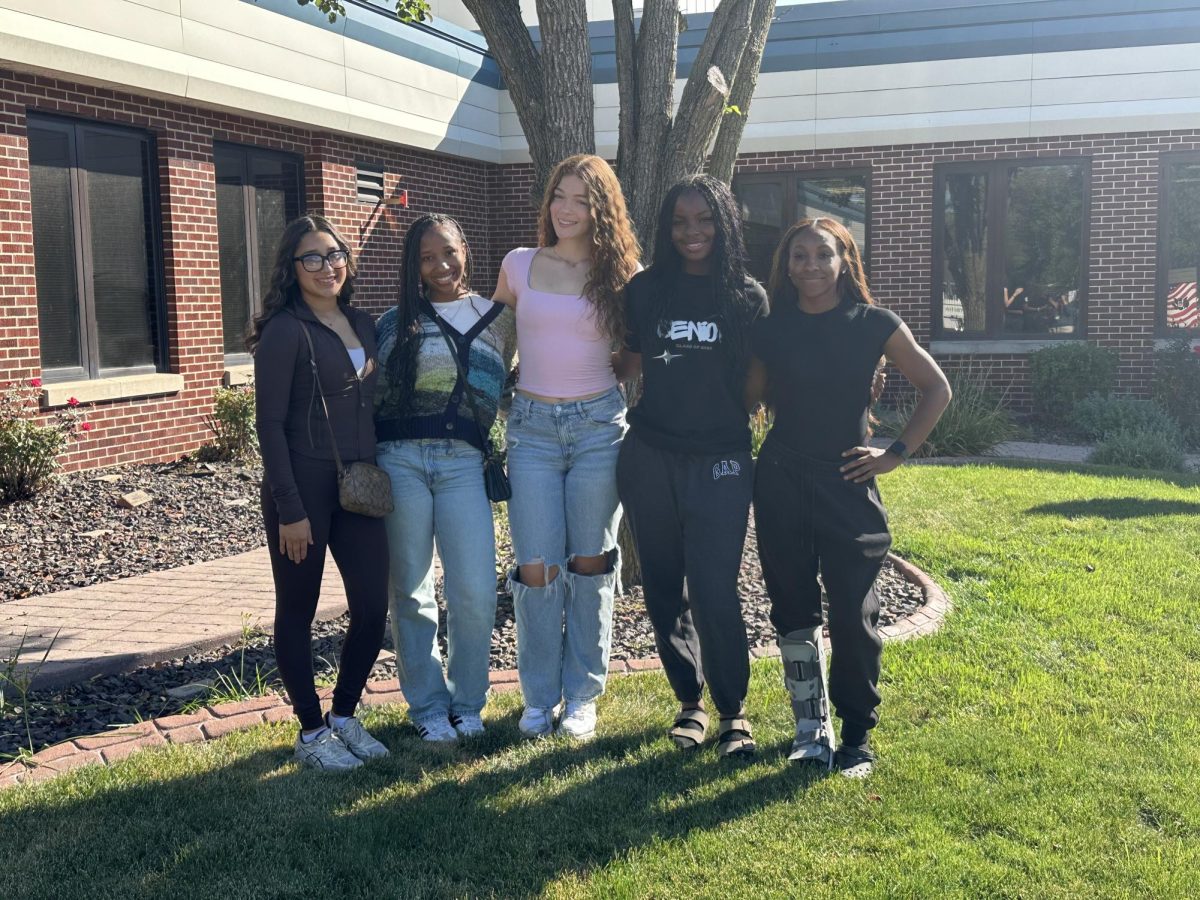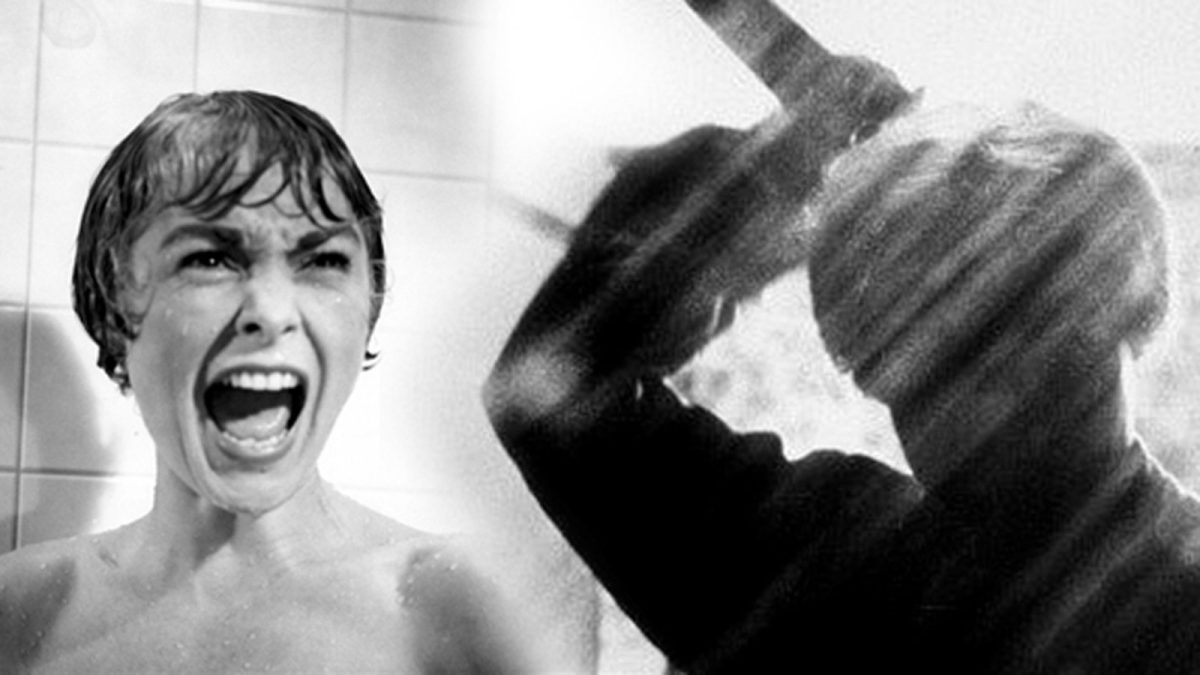Social workers urge students not to be scared to ask for help
May 30, 2022
According to statistics, new data shows 37% of high school students reported experiencing poor mental health in the wake of COVID-19.
COVID-19 had a major impact on students who have never experienced a pandemic or have been on lockdown, and as it persists, students’ mental health decreases.
“COVID-19 threw everybody for a loop,” said Mr. Brandon Freeland, one of MHS’s social workers. “It’s just a huge learning curve, and I think that we’ve learned some things, but hopefully there’s nothing else.”
However, he noted there are still many unknowns that may increase stress.
“Are we through with this? Is it done?” he said. “We thought we were getting out of it, but then you look at the news and oh well the numbers are going back up, so it’s anxiety. Students are worried and adults are, too.”
Many students struggle with the task of reaching out or coming forward to anybody, whether it’s a friend, family member or a social worker at school.
“It’s very hard to speak to someone that you don’t know to share personal things,” Mrs. Carol Dahlen, MHS social worker. “ I think sometimes the thought is what’s wrong with me, a student may think, ‘It’s something wrong with me, instead of I need supportive help.’ ”
The youth might think that people might look badly on them if they seek help.
“There’s a stigma when someone says mental health. Immediately some people go to ‘You’re crazy,’ ‘You’re going down to talk to that lady, that mental health counselor. You’re gonna talk to that social worker, you’re crazy or something. Something’s wrong with you’,” Mr. Freeland said. “But there’s nothing wrong with getting help, no matter what it is.”Students can be quick to criticize one another in a situation that is often serious, and when they see that another student is suffering mentally, they may try to label them.
“I’ve heard students taunting other students because they’re getting help,” Mr. Freeland said. “That’s foolishness. You need help, you need help. It’s OK to not be OK. Get help, that’s what I would say.”
When students are suffering mentally, isolation is a common sign they display.
“They’re so distressed, there’s so much anxiety that they want to isolate themselves, so they may hide in the bathroom, they may walk the halls,” Mr. Freeland said.
Students also display other behavioral changes, which may include slacking in school.
“Sometimes their grades will begin to decline. Friends will say to them, ‘you’re not the same, something’s different,’ so I always say it depends because it depends upon that individual, but these are the common signs that you see someone’s behavior is different than what it typically was,” Mrs. Dahlen said.
Getting the student to talk about their issues is challenging, but they may have a friend that comes forth for them.
“A lot of students want to say something, but they’re like I don’t know if I should, they have anxiety about breaking that confidence, but in that kind of instance, if it’s something that you think is life or death, it’s worth breaking that confidence, like Mrs. Carol said, ‘You may be saving a life,’” Mr. Freeland said.
Often students are dealing with problems that are beyond their control.
“These young students are dealing with extreme issues, some of them have parents who have mental health issues, there’s been some students who had parents who were suicidal, its just different things, a variety of things,” Mr. Freeland said.
The social workers encourage students to speak up, to get the help they need. Counselors are even available if students need help over the summer. Mrs. Dahlen said if she knows a student needs continued support, she will stay in contact with them.
“We can do a Google Meet and see each other electronically, see each other’s faces and talk that way . . . so at least that’s a connection,” Mrs. Dahlen said.




